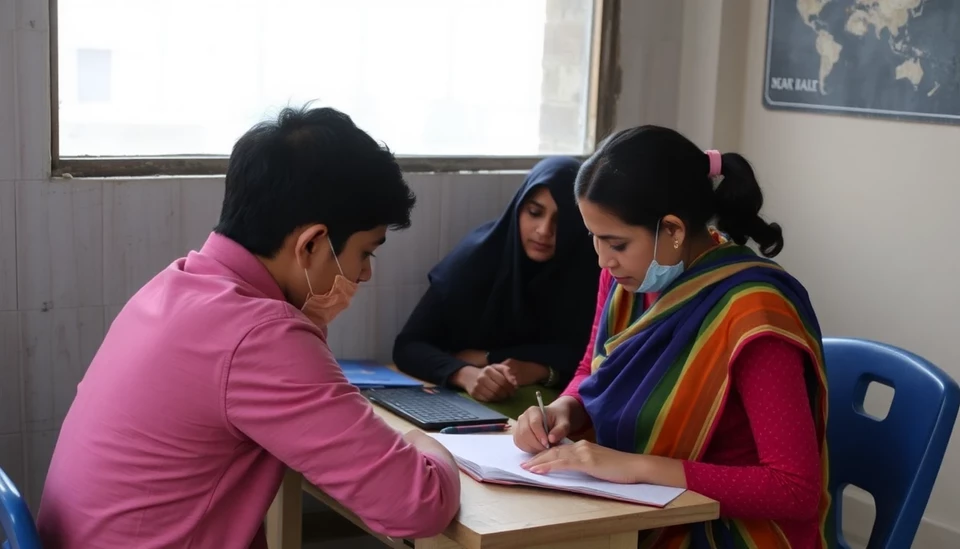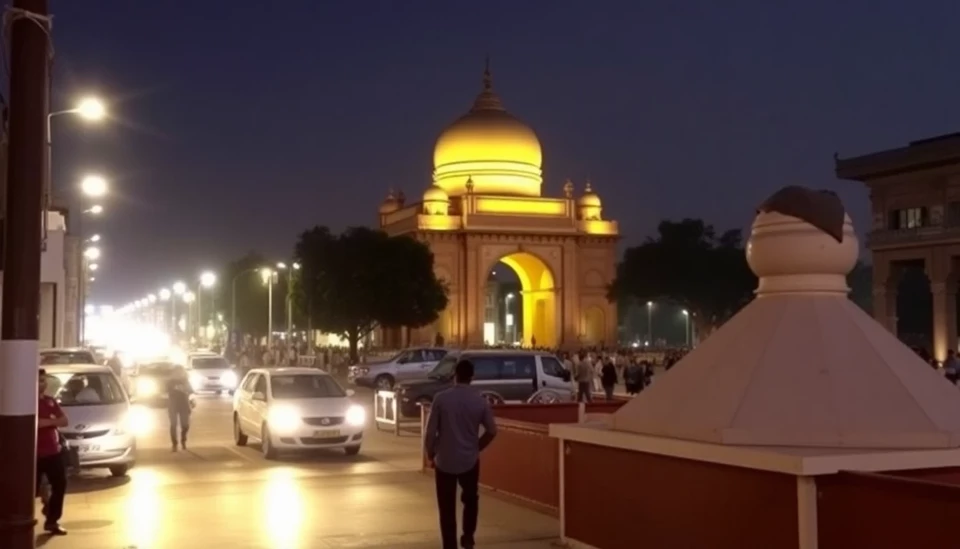
The persistent smog engulfing New Delhi has prompted authorities to take emergency measures, including the closure of schools and a shift to online education. The capital city's air quality index has plummeted to hazardous levels, reaching alarming pollution levels that residents have had to endure for weeks now.
As the air quality deteriorates, officials have instituted a range of restrictions aimed at mitigating the health risks posed by the noxious atmosphere. The decision to close schools is among the most impactful, affecting millions of students and their families. According to local authorities, the move is meant to protect children, who are particularly vulnerable to the effects of polluted air.
The Delhi government announced that all classes for those in kindergarten through grade 8 will now be conducted online, a decision that has raised concerns about the effectiveness of distance learning for younger students. Parents and teachers are grappling with the dual challenges of maintaining educational standards while ensuring the safety and well-being of students.
This latest measure comes as various parts of northern India struggle with severe air pollution that can be attributed to several factors, including vehicle emissions, industrial discharges, crop burning, and seasonal changes. Although schools are now moving to digital platforms, many are worried that the lack of in-person interaction may hinder children’s learning and social development.
Meanwhile, public health officials have reiterated warnings about the long-term consequences of exposure to highly polluted air, urging residents to minimize outdoor activities and use protective masks when necessary. Hospitals have reportedly seen an uptick in patients complaining of respiratory issues, eye irritation, and other health problems linked to air pollution.
The situation in New Delhi is a stark reminder of the ongoing battle against air pollution in urban centers across India, where government efforts to improve air quality have yet to yield significant results. As the school year continues under these restrictions, officials are closely monitoring the air quality and assessing when it might be safe to resume in-person classes.
Educational institutions are being urged to provide adequate resources for online learning to adapt swiftly, but many face logistical hurdles, including access to technology and reliable internet connections for students in less privileged areas.
In summary, New Delhi’s air quality crisis has led to immediate adjustments in educational formats, putting a spotlight on the broader environmental issues that continue to challenge urban residents and policymakers alike. Only time will tell if these measures will effectively protect the health of students and others affected by the hazardous conditions.
As the city braces itself for what may be an ongoing struggle with air pollution, the focus on finding sustainable solutions will be essential in the fight against this pressing public health issue.
#NewDelhi #AirPollution #SchoolClosure #OnlineLearning #PublicHealth #EnvironmentalCrisis #India
Author: Sophie Bennett
